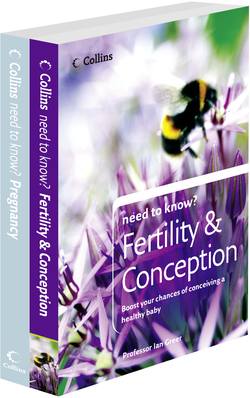Читать книгу Need to Know Fertility, Conception and Pregnancy - Harriet Sharkey - Страница 61
Folic acid from food
ОглавлениеFolic acid is soluble in water and is stored mainly in the liver. It is largely destroyed by cooking, however, so serve salads and stir-fry or steam vegetables lightly rather than boiling them. You can obtain it from:
• fresh dark green vegetables like broccoli, Brussels sprouts, peas, green beans, chick peas and spinach
• oranges
• peanuts, although salted peanuts should be avoided if possible because of the extra salt. In addition, if you or your family has a history of peanut allergy or other allergic conditions, like asthma and hay fever, it is definitely recommended that you avoid peanuts during pregnancy
• many breakfast cereals have added folic acid (read the label) and milk and yoghurt also contain it
• wholemeal and wholegrain breads are high in folic acid, as are wheatgerm, brewer’s yeast and yeast extract, so add these to your diet
Many women with a healthy diet may already have a sufficient folic acid intake for pregnancy simply from their food without the need for supplementation. But folic acid deficiency commonly arises in pregnancy due to the many extra demands the development of the baby places on the mother’s body. Even women who have an adequate diet may not be taking in sufficient amounts of folic acid because the body is not absorbing it efficiently from food.
Folic acid supplements are therefore recommended for every woman trying to conceive to be sure that her intake is sufficient. In pregnancy, the kidneys filter folic acid from the blood at four times the normal rate, which is another reason why supplements are recommended. If you decide not to take folic acid supplements, however, ensure that you have a good daily intake of folic acid in your diet by eating suitable quantities of the foods listed on the previous page.
